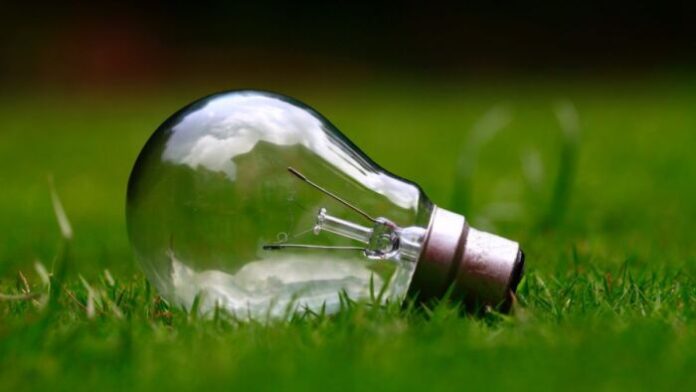
To put in place rapid interventions on the front of environmental sustainability and the economy, focusing on simplifying procedures and keeping together the innovation, of which Italy has an extraordinary need, and the reduction of inequalities, as today only green investments allow . Only in this way can Italy be restarted in a green key while at the same time addressing some problems that are unavoidable today. This is the “green recipe” that Legambiente launches today to the Government, in the week of the start of Phase 2 post coronavirus, presenting a package of 33 proposals that look to the future of the country and which are shared by many companies and associations in the third sector.
The actions designed by the environmental association concern in particular three major fields of intervention: simplification of procedures, measures to relaunch the economy focused on the European Green Deal and release of resources and ministerial measures currently “stalled”.
In particular, according to Legambiente, it will be necessary to intervene by accelerating investments for the installation of plants from renewable sources, for the energy requalification, for the installation of broadband networks and for the recharging of electric cars. Similarly, it will be necessary to proceed with the creation of a fund for energy efficiency and access to credit by families with significant interventions in strategic fields such as mobility. In this regard, highlights the Association, the priorities for the relaunch must not be as usual highways and major works, but the interventions that the Municipalities have foreseen in the Urban Plans of sustainable mobility such as doubling the kilometers of cycle paths.
“The months that await us – declares Edoardo Zanchini, national vice president of Legambiente – will be complicated, but the decisions that will be taken with the next decree may mark a turning point in orienting the choices for the future and building the conditions for a climate transition that with the Budget Law, and new ministerial provisions, it can have a virtuous acceleration. The challenge is in fact to relaunch the economy and to respond to the other two major crises we face, the climatic and the social one “.
If the country decides to put this recipe into practice, it will face important economic advantages. For example, with the sites for the energy requalification of the building heritage, investments would be set in motion, between direct and indirect, for almost 9 billion euros per year with 430 thousand employees and savings in household bills of around 620 euros year. Simplifying the interventions to bring broadband to small towns and inland areas of the country would also produce economic benefits (with almost 9 billion euros of investments for cabling planned throughout Italy), accompanied by positive effects to bring people back to life and invest in villages.
The circular economy can become the engine of the revitalization of the territories: at European level an economic benefit is estimated by 2030 from the adoption of a greater push in this direction equal to 1,800 billion euros per year, promoting a GDP growth of up to 7% . By choosing the path of quality design and true environmental controls, the many European infringement procedures open against our country (at the moment there are 19 environmental ones) that have forced us in recent years to pay over 500 million euros of fines for pollution and delays that, moreover, serve citizens.



































